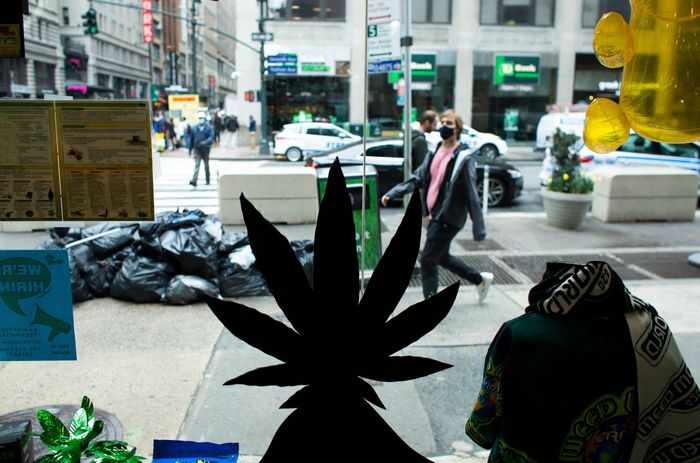New York State to Grant Business Licenses to Victims of the “War on Drugs”
Recently, New York State authorities announced that within two weeks, the process of issuing business licenses for recreational cannabis will begin. However, at this stage, only a specific group of people will be eligible to apply—those identified by the state as “victims” of the “war on drugs” policy. This category includes individuals with convictions related to possession, use, or distribution of cannabis, as well as their relatives and family members.
The official certification process is set to start on August 25. It appears that other potential candidate categories will be able to begin certification about a month later, as this phase is expected to conclude by September 26 of this year.
It’s also worth noting that the state’s regulatory committee includes in the “victims of the war on drugs” category those who have been detained for minor offenses related to cannabis possession or use, even if their convictions were for other, less serious crimes.
Applications for licenses will be submitted electronically through the New York State Business Express website. The site will provide information on all the documents that potential licensees need to prepare in advance to complete the certification process.
“This initiative is just the first step in developing our state’s recreational cannabis market, but it is undoubtedly the most important,” said Tremaine Wright, head of the state regulatory bureau, regarding the certification procedure. “First, this measure allows those most affected by cannabis criminalization to get a head start in the new legal cannabis market. Second, the process itself will test the state’s readiness to handle cannabis business certification and the potential influx of applications expected by the end of the year. In other words, the success of this step will largely determine how effective and successful the market model we are trying to implement will be.”
Additionally, regulators have already certified several existing farms for recreational cannabis production—these farms previously worked with medical and industrial cannabis.
“Despite all the technical challenges of this process, we have tried to make it as simple and straightforward as possible to speed up application reviews and make the procedures accessible to ordinary people who may not be familiar with government and business bureaucracy,” said Chris Alexander, head of the selection committee. “We will strive to make the entire process as fair as possible, as we have already received many complaints from other interested groups who believe we are giving too much of an advantage to a certain group. It’s hard to say anything for sure right now, but we will take all possible measures to ensure that all groups in the state can be represented in the new recreational cannabis market.”
It should be noted that just a month ago, New York regulators were involved in a scandal related to their efforts to combat the “gray” cannabis business ahead of legalization. During a large-scale campaign against illegal therapeutic and recreational cannabis dealers, authorities issued closure orders to many businesses, including those selling CBD products or simply having the word “cannabis” in their name. Although the misunderstandings from this incident have gradually been resolved, the public now believes that, in their haste, state regulators may continue to make unfortunate mistakes that could negatively impact the legal market.



